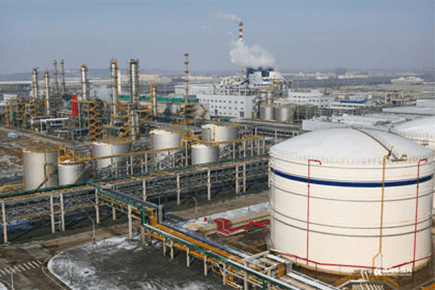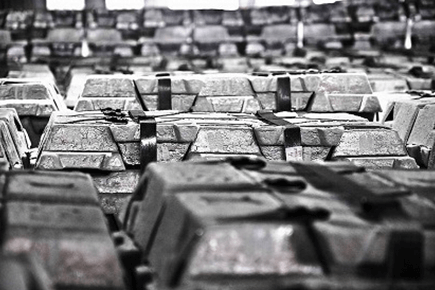SEPLITE® CT136 Dry Polymeric Catalyst Resin Used in The Phenol Alkylation Processes

SEPLITE® CT136 dry is a spherical strong acid macroreticular polymeric resin developed for heterogeneous catalysis. It is mainly used in the phenol alkylation processes, in addition to its high thermal stability, its low crosslinking degree confers a high resistance to organic fouling.
SEPLITE® CT136 Catalyst Resin For Phenol Alkylation Processes Physical and Chemical Characteristics:
| Ionic form | H+ |
| Functional group | Sulfonic acid |
| Matrix | Crosslinked polystyrene |
| Physical appearance | Porous opaque beads |
| Total Capacity H+ | ≥5.0 mmol/g |
| Water retention % | ≤3.0 (H+ form) |
| Shipping weight g/ml | 0.54-0.64 |
| Particle size mm,% | 0.4—1.25 ≥95% |
| Whole beads count % | ≥95 |
| Uniformity coefficient | ≤1.6 |
| Nitrogen BET | |
| Average pore size A | 300 |
| Surface area m2/g | 50 |
| Pore volume ml/g | 0.35 |
| Swelling | Dry to phenol 27% |
| Maximum Operating temperature ℃ | 150 |
| Recommended storage temperature ℃ | Room temperature |
SEPLITE® CT136 Catalyst Resin For Phenol Alkylation Processes Precautions:
Resins should be stored in sealed containers or bags where temperature was above 0℃ in dry conditions without exposure to direct sunlight.
Do not mix ion exchange resin with strong oxidizing agents; otherwise it will cause violent reactions.
In case of eyes contact with resins, rinse eyes immediately with plenty of water, and consult a specialist. Material and samples must be disposed according to local regulations.
Dry polymers will expand when become wet and may cause an exothermic reaction. Spilled materials may be slippery.
SEPLITE® and Monojet™ are registered trademarks of Sunresin New Materials Co. Ltd
This information is general information and may differ from that based on actual conditions. For more information about SEPLITE® resins, please contact SUNRESIN® local sales directly.















